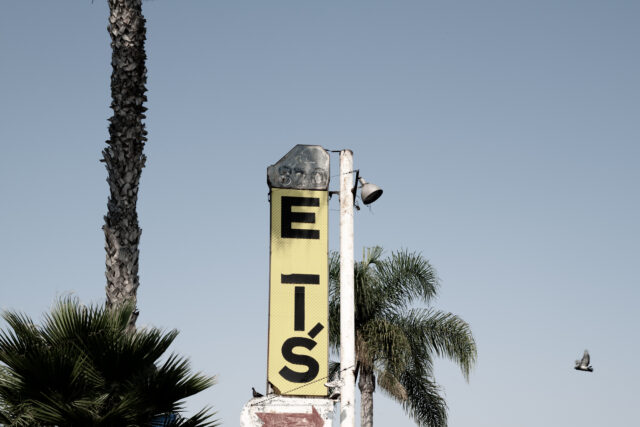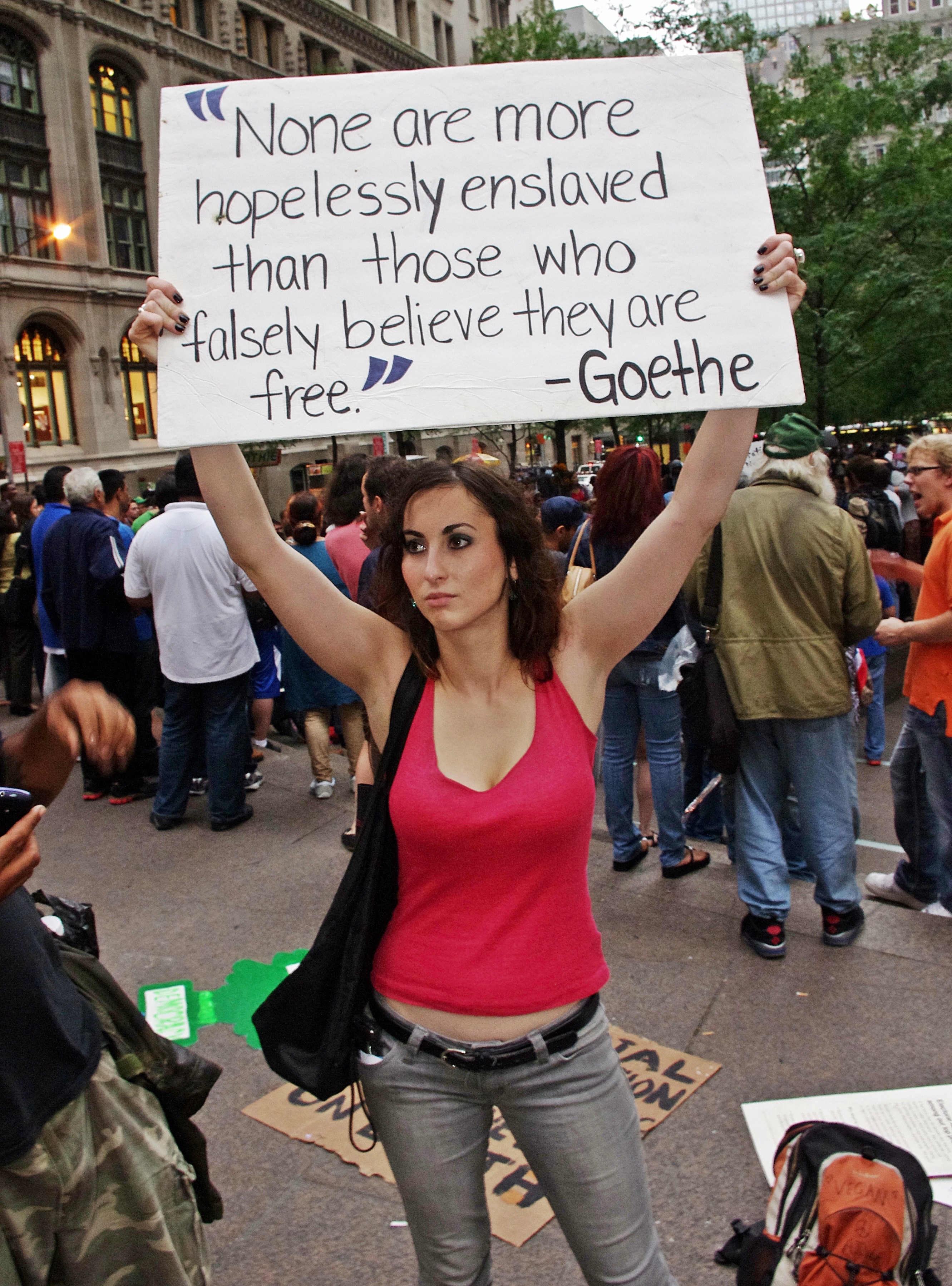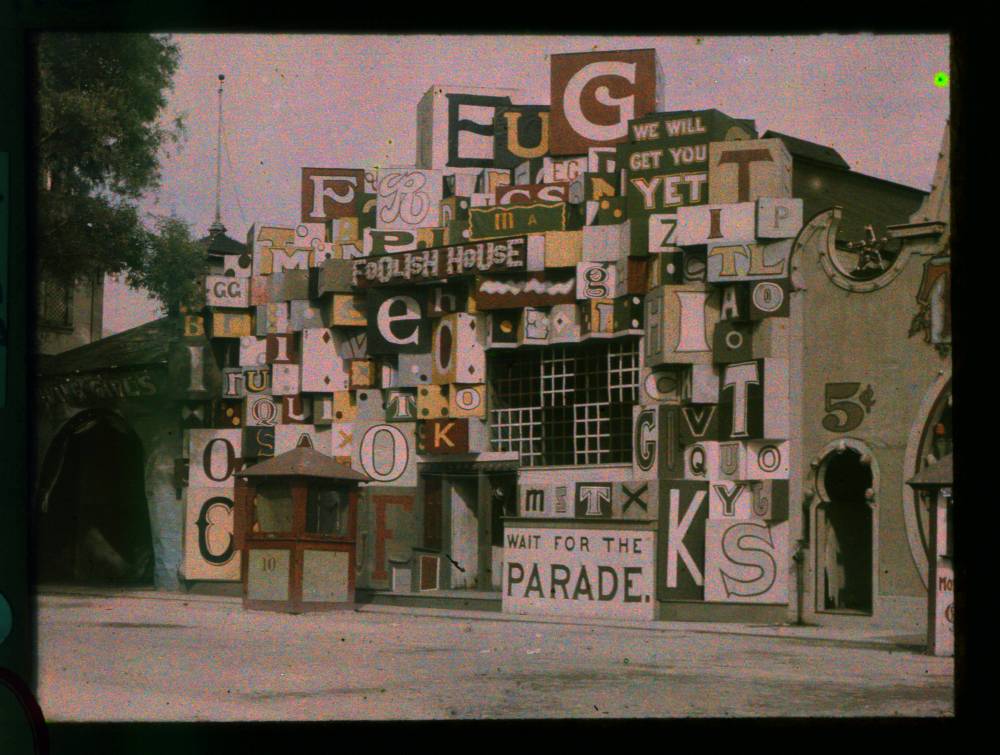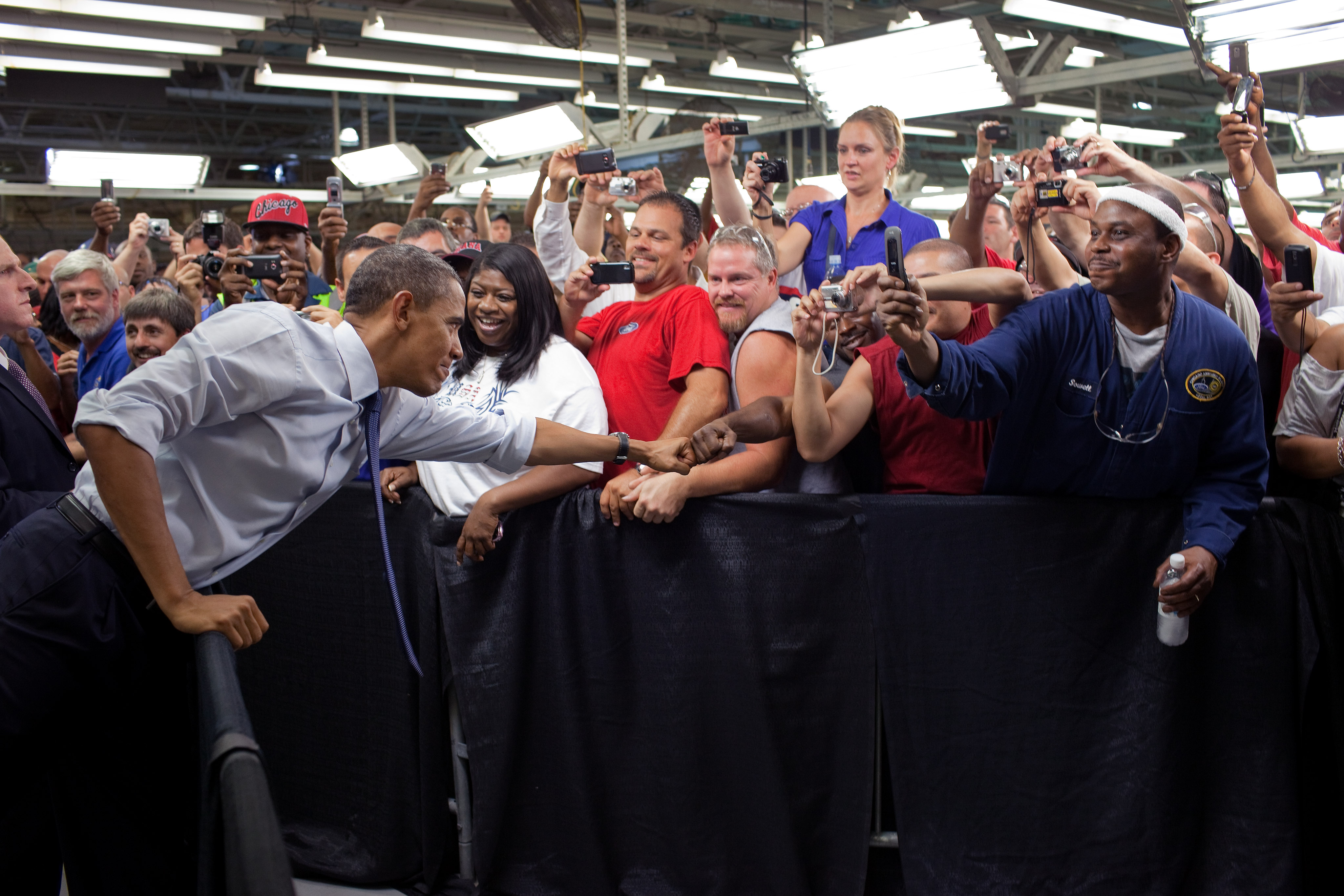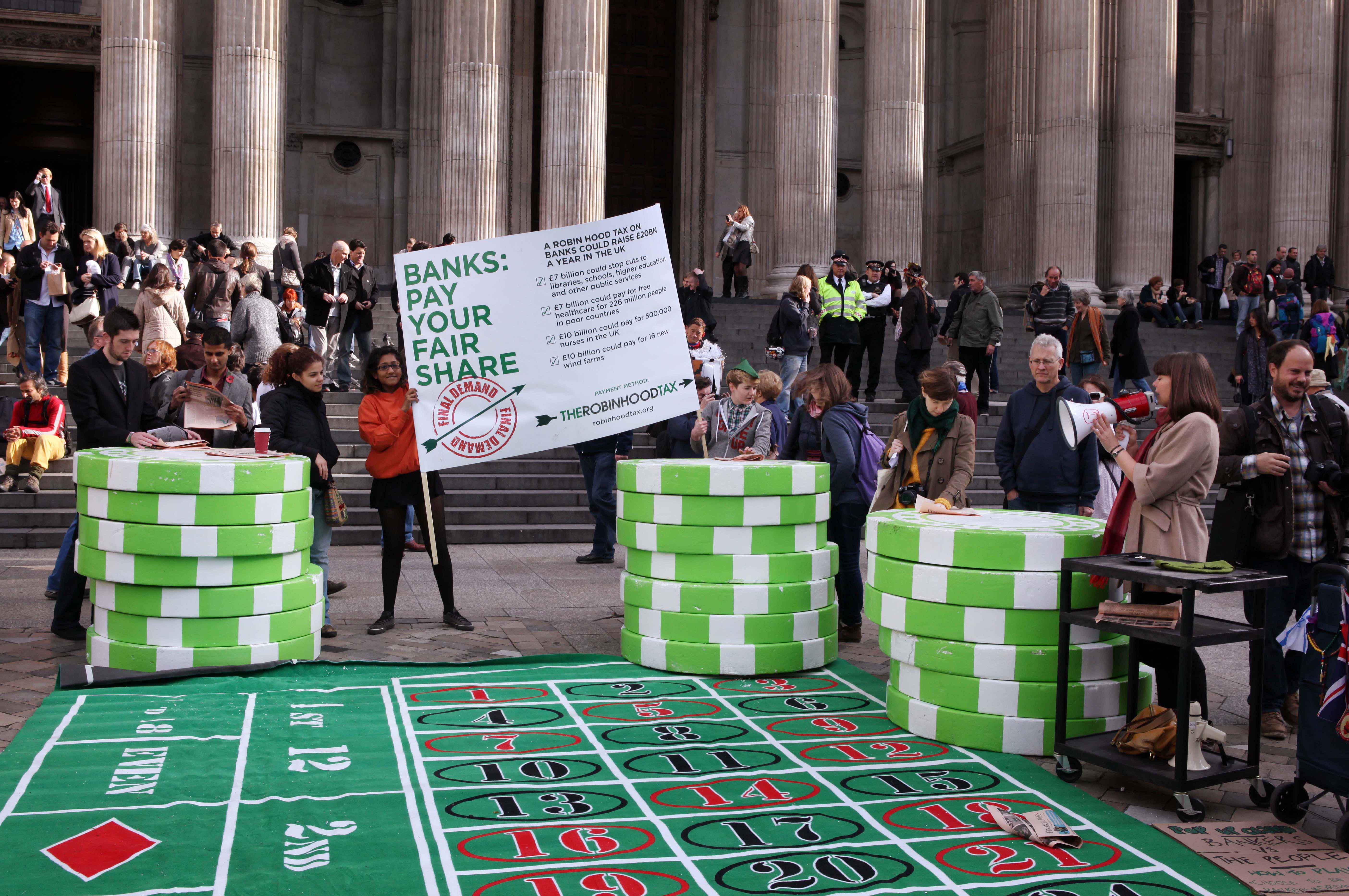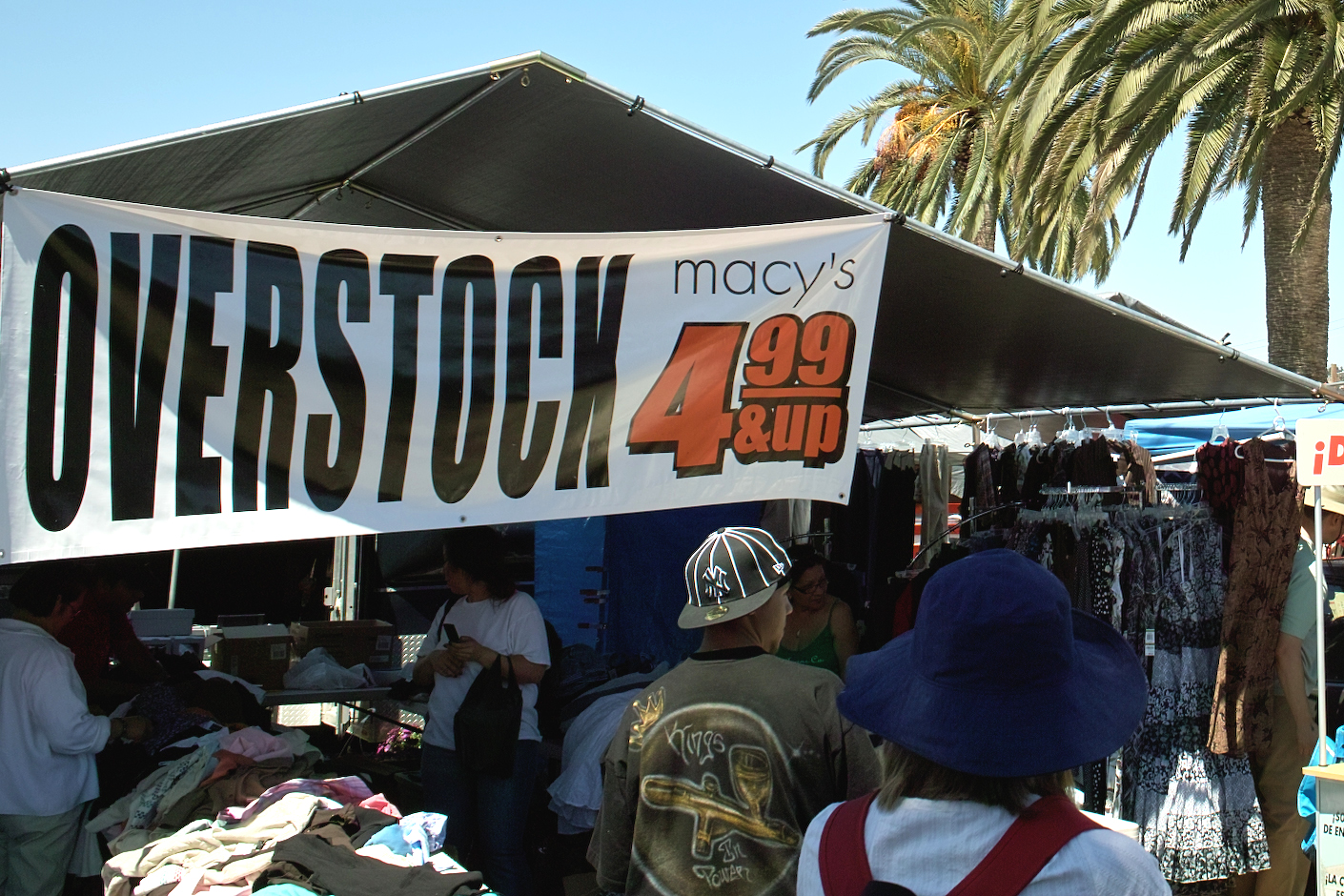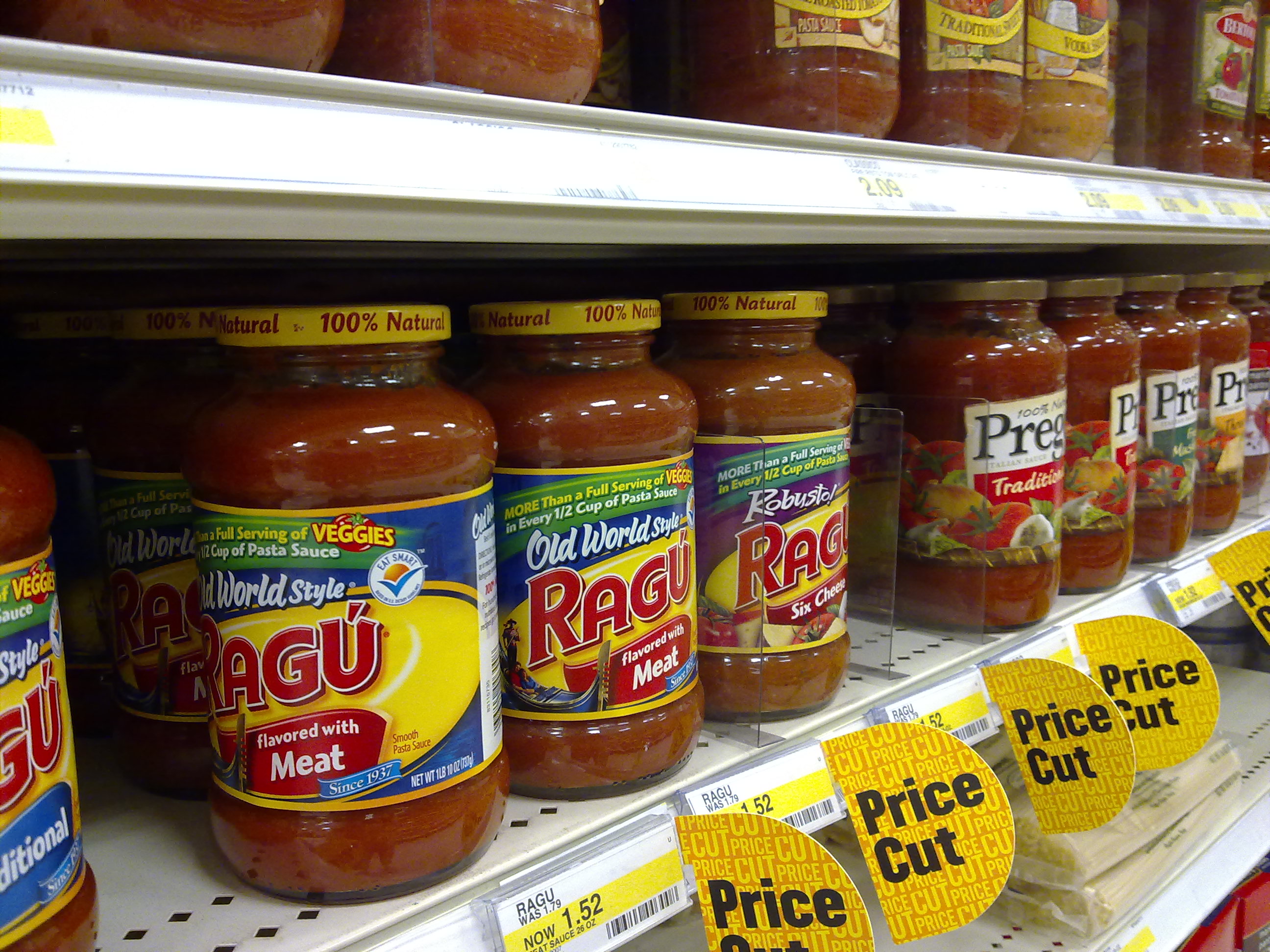Across the country this Thanksgiving holiday, the dire circumstance is businesses closing forever because of SARS-CoV-2 (severe acute respiratory syndrome Coronavirus 2)—also known as COVID-19—local lockdown and stay-at-home orders that keep away customers and choke revenue. In this County, SanDiegoVille keeps a running list of restaurants and pubs permanently shuttered during 2020—the majority since the pandemic’s start. I count 109 entities, but more when accounting for establishments with multiple locations.
Many businesses that had reopened during the summer are closing again as states seek to combat rising Novel Coronavirus cases. For the record, the use of cases is grossly misleading; the numbers actually refer to positive tests, which doesn’t mean that someone is sick—and most likely not. Eighty percent (or more) of people contracting COVID-19 are asymptomatic or mildly ill. Regardless, restrictions are everywhere, placed by (hopefully) well-meaning governors.
